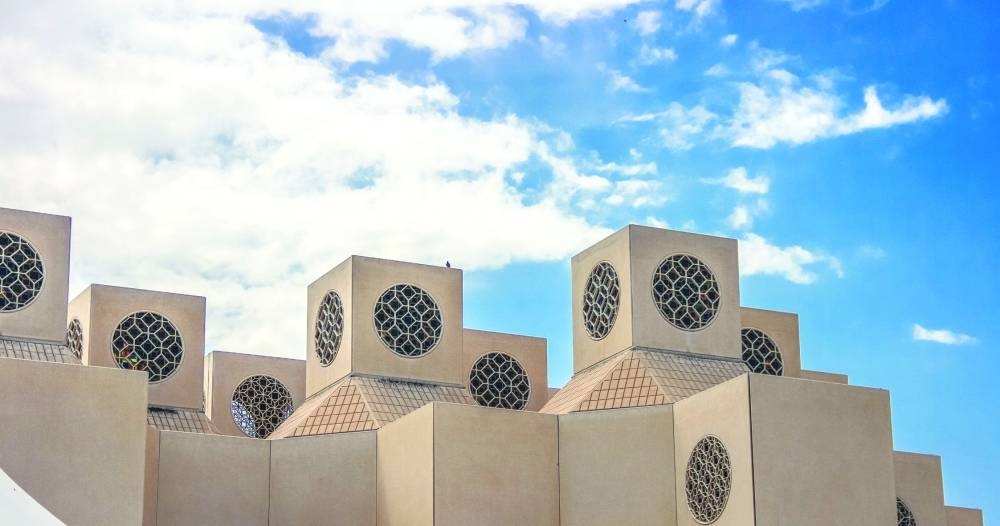Qatar University College of Engineering (QU-CENG), Hamad bin Khalifa University (HBKU), Qatar Computing Research Institute (QCRI) and Huawei have announced the names of winners of the Artificial Intelligence (AI) national competition. The winners are as follows: Track 1: Concept & Design - Mohamed Yusuf Ansari (first); Awatef Salem Balobaid, Saahira Banu Ahamed and Shermin Shamsudheen (second); and Khalil Ahmed (third)
Track 2: Proof of Concept & Demo - Mohamed Daniel bin Mohamed Izham, Mohamed Bahri and Abdelrahman Soliman (first); Osama Hasan and Husam AlGhanim (second); and Abhinav Balram Gudavalli and Ravin Kumar (third).
In his speech, QU-CENG dean Dr Khalid Kamal Naji said, “Qatar’s 2022 Artificial Intelligence Competition - Mena Region challenged students, developers, professionals, and researchers to develop and demonstrate how humans can collaborate with powerful Artificial Intelligence technologies to tackle some challenges for different applications."
Dr Mounir Hamdi, dean of the College of Science and Engineering at HBKU, said: “The competition recognises the developers who are paving the path for future innovative AI technologies that can be deployed to support infrastructure and address challenges for different applications such as healthcare solutions, smart cities, Fintech, education, social media platforms, sports, crowd monitoring, detection and prevention of attacks and malware, and logistics impacting the supply chain, etc.”
Henry Ye, vice-president of Public Relations and Media for the Northern Gulf Region at Huawei, noted: “We at Huawei are committed to developing the ICT industry by creating an open and collaborative ecosystem and investing in local youth talent to enable them to contribute effectively to the future of social and economic growth.”
Dr Abdullah Khaled al-Ali, head of the Department of Computer Science and Engineering at QU, said: “Artificial Intelligence is considered one of the main pillars on which the technology industry is based in the current era, and it refers to the ability of machines and digital computers to perform specific and intelligent tasks that those computers were unable to devise.”
Dr Mohamed al-Hitmi, head of the Department of Electrical Engineering at QU, said: “Artificial Intelligence contributes to enhancing and improving the education experience. Platforms based on AI can also facilitate the process of distance education, especially with the challenges we faced due to the Covid-19 virus. Hence the importance of this competition.”

